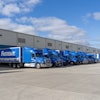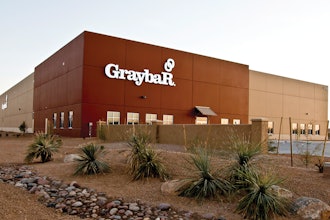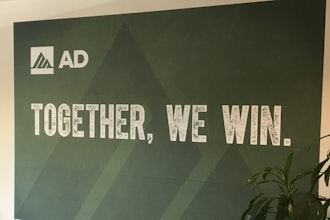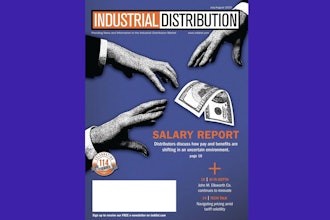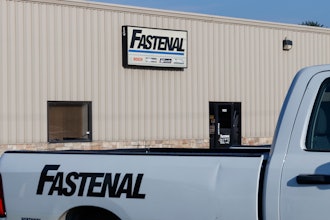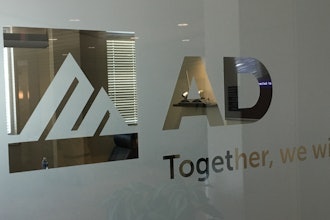
Just another day in distributor-land:
Your field salesperson: “Ms. Customer, do you have a favorite inside sales contact at my company?”
Ms. Customer: “Yes. Biff.”
Your field salesperson: “Why Biff?”
Ms. Customer: “Because he gives me better prices than anyone else at your company.”
Uh-oh. A lot to unravel here. Easy money is leaking out of your business.
It is not unusual for your customers to shop around to get the best price. Particularly for near-commodities. But are they price-shopping among your employees, within your company? How can you tell? And how can you stop it?
Is Your Company’s Customer Pricing Out of Control? A Simple Test
Do you have control of customer pricing? There is an easy way to find out. Ask each of your employees whose job it is to handle customer inquiries and orders, individually, what he/she would charge a new customer for a specific quantity of a specific item. Compare their answers. If they do not all give the exact same answer, your company lacks "sales pricing discipline". The result is diminished profits.
Customer Price Negotiation Tactics to Guard Against
Without "sales pricing discipline" within your company, your customers may be taking advantage of you. Here are two common tactics used by customers to get a lower price from you:
Asking for a better price. Duh. Of course your customers’ buyers are going to ask for a better price. That is their job. Respect that. But do your job too. Defend your pricing. Just say “no”. Nicely. Or ask why the customer thinks his/her request is reasonable. Or negotiate an in-kind response, such as a larger order. Or a commitment to do more business. Or a commitment to receive a presentation by your field salesperson.
Referring to Historical Pricing. Compare the difference between B2C (business to-consumer) transactions and B2B (business-to-business) transactions. Do you know what you paid for milk the last five times you bought it? Neither do I. But your B2B customers know exactly what they paid for every item they have ever bought from you. Most likely all of that historical pricing is on the customer’s computer screen when he/she calls your company. Your customer expects to pay the same price as when he/she bought the item from you the last time. Do not fall for the line, “I cannot place this order with you today if you do not honor the previous price”. He/she can pay a higher price. Your customer has a process to deal with a price increase. The first step of that process is telling you that the price increase is unacceptable. Ask what the second step is. Because there always is a second step.
Steps to Increase "Sales Pricing Discipline"
Here are few suggested actions to get better control of customer sales pricing at your company:
- Establish default pricing rules and clearly document them. Having clearly defined pricing rules that are adhered to by all employees is more important than what those rules are. Is your rule, “list price for all new customers”? Is it, “mark up all costs by 30 percent for new customers”? Whatever. Just make sure that all of your employees know and follow your rules.
- Program default pricing into your ERP system. Your ERP system ought to be capable of programming pricing of every standard item (i.e., in the manufacturer’s price list) or standardly configurable item (such as hose assemblies made from standard price list components). By programming your ERP system properly, you take the guesswork out of determining a sales price manually.
- Program customer-specific pricing into your ERP (business software) system. If your ERP system cannot do this, maybe it is time to shop for a new ERP system. The cost of upgrading your business software just might be recovered by greater "sales price discipline" throughout your company.
- Establish an exception/escalation process. A simple set of pricing rules cannot apply to every inquiry. “One size does not fit all.” But you ought to have a clearly defined and documented process for establishing exceptional pricing. For example, require that exceptional pricing be approved by a supervisor.
- Train your employees how to respond to customers’ requests for a lower price. Do your employees know how to say “no” to a customer, diplomatically and professionally?
- Measure your staffs’ pricing behavior. Most modern ERP systems ought to recognize when system-calculated pricing has been overridden on an order line-item. Create a report that captures these events. Review this report with offending employees, and their supervisors, at least monthly.
- Have consequences for not following your sales pricing rules. And then enforce these consequences. No exceptions. (If you want some suggestions on what these consequences should be, contact me.)
 Mark Tomalonis, Principal of WarehouseTwo
Mark Tomalonis, Principal of WarehouseTwoClosing Thought
Each instance of a sale at lower than intended price, due to a lack of "sales pricing discipline", is a reduction in net profit. It is easy money, lost. The sooner that you enforce "sales pricing discipline", the sooner you will reap the benefits. Start today.
After a successful career in sales and operations management in the wholesale-distribution industry, Mark Tomalonis is now principal of WarehouseTWO, LLC. He amuses himself by writing articles such as this one, to help wholesaler-distributors execute their operations better. Mark’s articles and tips are published in WarehouseTWO’s monthly e-newsletters.
WarehouseTWO, LLC is an independent “inventory-sharing” software tool created exclusively for durable goods manufacturers and their authorized distributors, and for any group of durable goods “peer” wholesaler-distributors, such as members of a buying/marketing group or cooperative. To learn how inventory-sharing with WarehouseTWO can help your business, visit the WarehouseTWO website, or email [email protected].
This blog was originally posted on WarehouseTWO's website here

